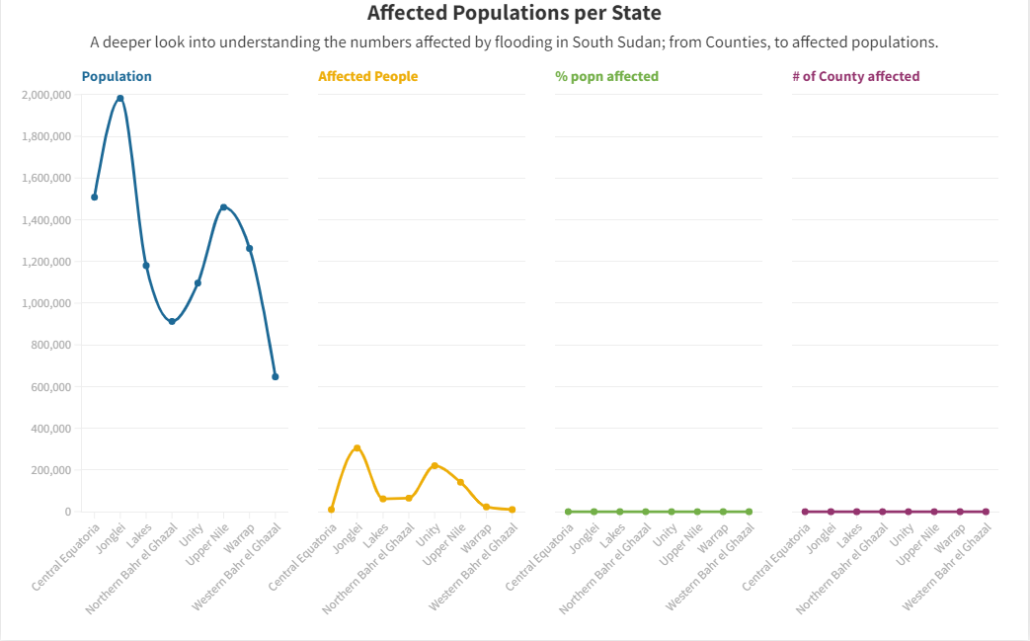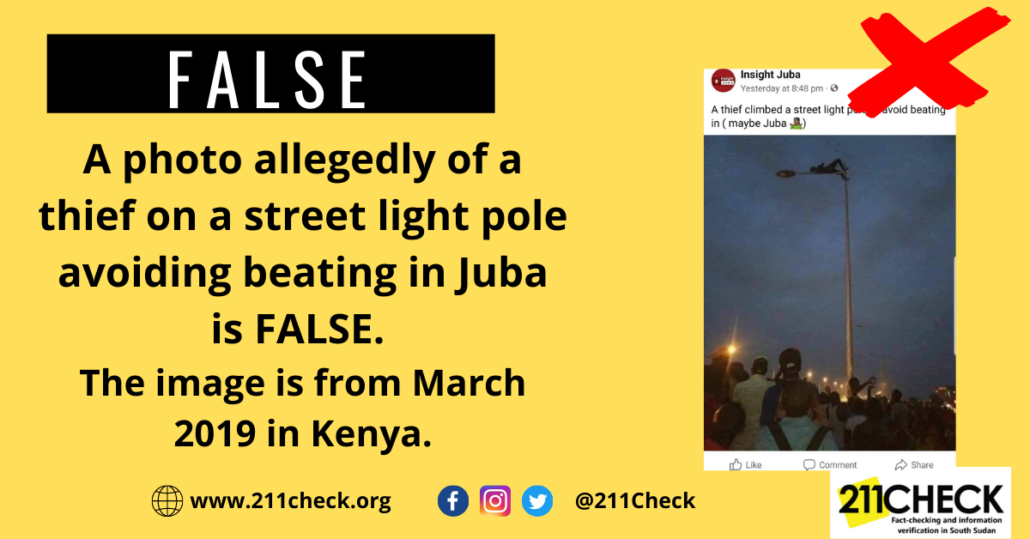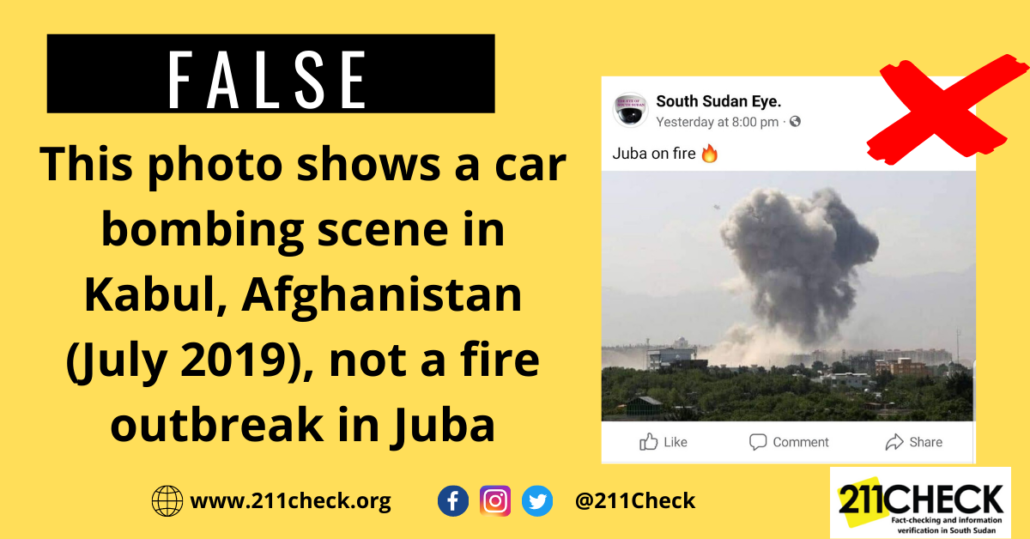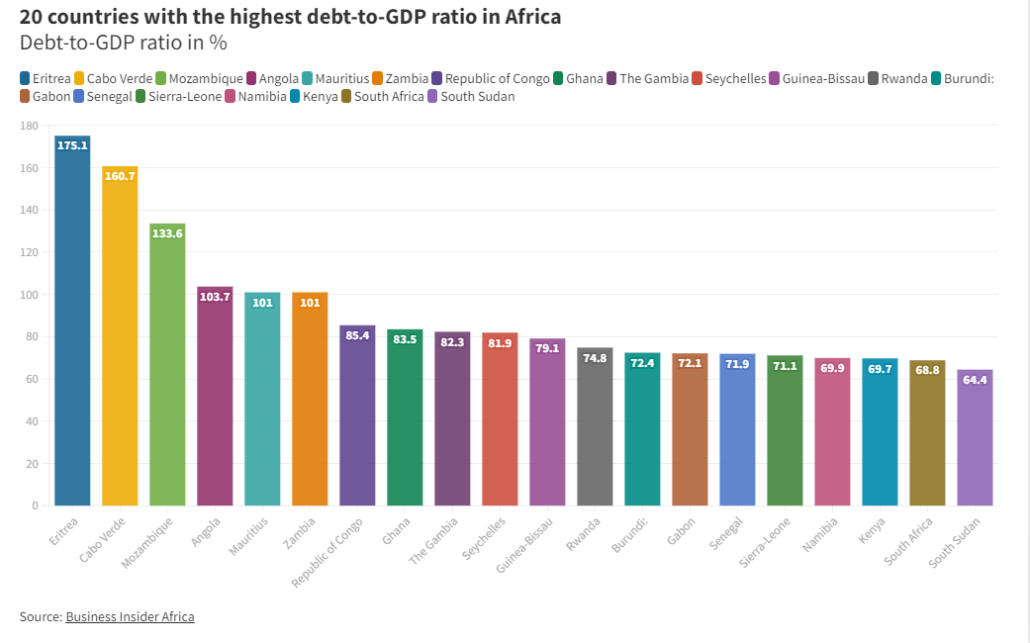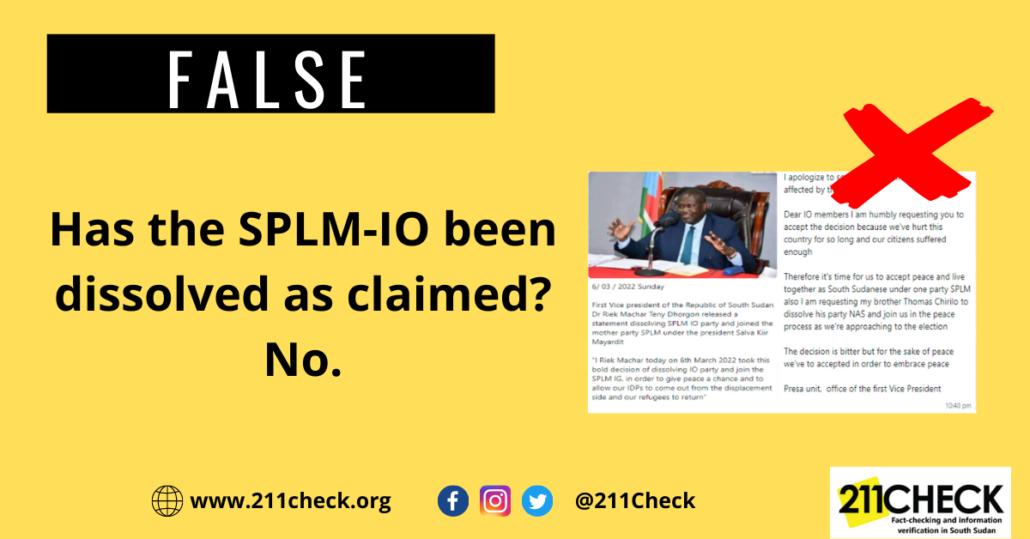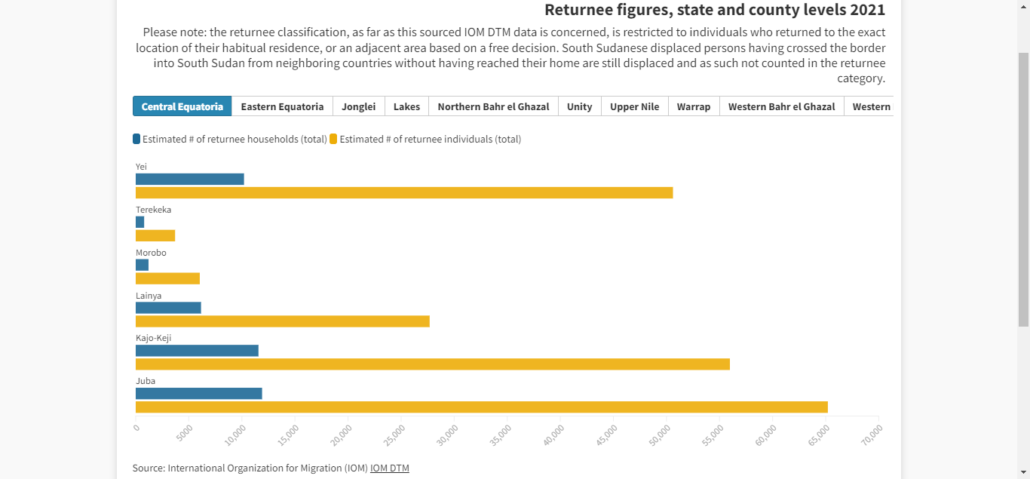Data Story: South Sudan Floods database 2021
A look at the areas within South Sudan where flooding occurred the last year 2021, the populations affected and the exact counties that experienced the flooding.
By Oriba Douglas
South Sudan experienced the worst flooding it had seen in 60 years in 2021. The flooding exacerbated South Sudan’s already-existing problems.
Political instability, conflict, underdevelopment, and disease outbreaks are among the challenges confronting the world’s newest nation, which gained independence from Sudan in 2011.
The burden of all of these, as exacerbated by the flooding, is enormous, necessitating the provision of much-needed assistance and aid to those affected by the floods.
UN OCHA South Sudan and its humanitarian partners on the ground in flood-affected areas compiled figures of South Sudanese affected by flooding in order to coordinate and inform efforts to help those affected by the floods.
OCHA discovered that Fangak County in Jonglei State had the highest number of people affected by flooding out of all the counties in South Sudan, with 67,191 people affected, including women and children.
According to OCHA’s reports, September and October are the months of the year when the most severe flooding is likely to occur in flood-prone areas.
Jonglei State has the highest flood burden in South Sudan, with 304,765 people affected by flooding, accounting for 15% of the state’s population. Though the state is no stranger to flooding, flooding in 2021 wreaked havoc in seven counties. Areas were cut off and only accessible by canoes and other improvised boat-like structures.
Meanwhile, Western Bahr el Ghazal and Central Equatoria are tied for the least number of people affected by flooding, but of the two, Western Bahr el Ghazal State is the most affected, with 2% of its population affected, compared to Central Equatoria, which has 1% of its population affected. Flooding in Central Equatoria is mostly confined to the capital city of Juba, which is located within Juba County.
There have been no reported cases of widespread flooding in Western and Eastern Equatoria States, and as a result, no cases of displacement as a result of flooding have been recorded.
Upper Nile State has been found to be the State most affected by flooding in terms of area distribution, with 8 of its counties affected by flooding, compared to Central Equatoria State, which has only one county affected by flooding, Juba.
About the Authors:
Oriba Douglas, a Data Speaks Fellow at #defyhatenow South Sudan, wrote this data story, which was edited by 211 Check Editor Emmanuel Bida Thomas and approved for publication by Steve Topua, a Data Analyst and Trainer. It’s part of the ongoing #defyhatenow South Sudan Data Speaks Fellowship program with funding from the European Union Delegation to South Sudan.
About South Sudan Data Speaks Fellowship:
This is a three months data journalism fellowship for South Sudanese content creators with an aim of educating participants on the fundamentals of data journalism through in-depth training facilitated by experienced data analysts.
The fellows have been selected from across South Sudan and they are trained in data sourcing/mining, data analysis, and data visualisation for three months (October to December)
Each fellow will produce a minimum of three (03) data stories during the fellowship. The focus will be on increasing access to information

